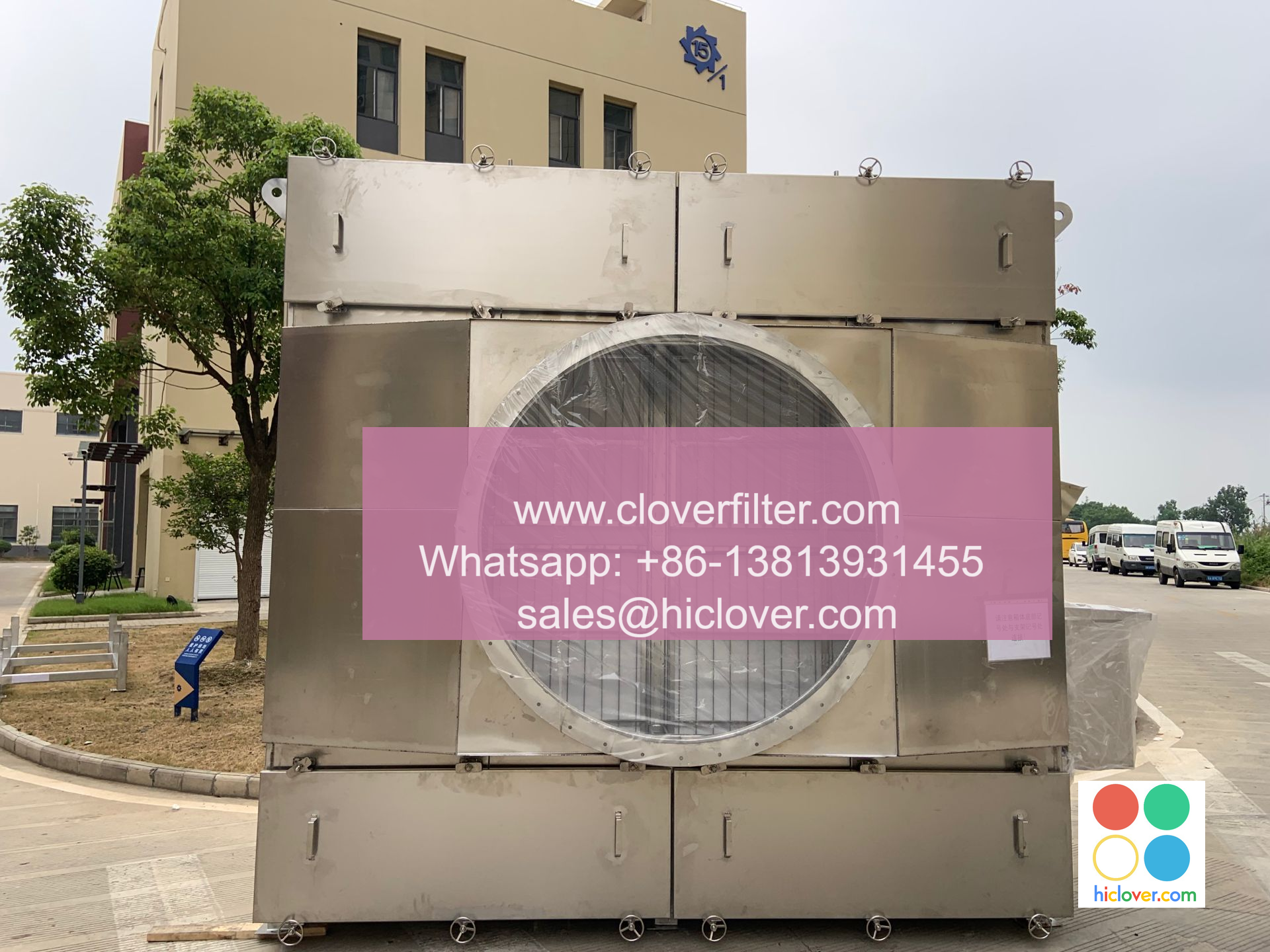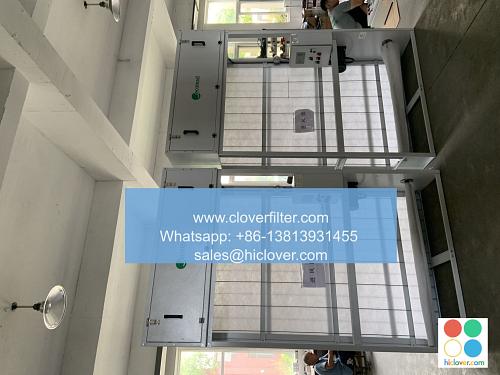Reviews of Smart Air Filters: An Analysis of Features and Terms and Conditions

The rise of smart home technology has led to the development of innovative air purification systems that not only improve indoor air quality but also offer a range of smart features for enhanced user experience. In this article, we will provide an in-depth analysis of smart air filter reviews, focusing on their key features, terms and conditions, and application areas in various settings, including homes, offices, and industrial environments.
Key Features of Smart Air Filters
Smart air filters are designed with advanced filtration technologies, such as HEPA filters, activated carbon filters, and UV light, to capture 99.97% of particles as small as 0.3 microns, including pollen, dust, pet dander, and bacteria. Some of the key features of smart air filters include:
* Wi-Fi connectivity for remote monitoring and control through mobile apps
* Advanced sensors to detect air quality, temperature, and humidity
* Auto-mode for automatic adjustment of fan speed and filter cleaning
* Filter replacement alerts and schedule maintenance reminders
* Integration with popular smart home systems, such as Amazon Alexa and Google Assistant
Terms and Conditions: What to Look for
When purchasing a smart air filter, it’s essential to carefully review the terms and conditions to ensure you understand the warranty, support, and return policies. Some key aspects to consider include:
* Warranty period and coverage for parts and labor
* Customer support options, such as phone, email, and live chat
* Return and refund policies in case of defects or dissatisfaction
* Subscription plans for filter replacement and premium services
Application Areas: Where Smart Air Filters Can Be Used
Smart air filters have a wide range of application areas, including:
* Residential homes to improve indoor air quality and reduce allergy symptoms
* Commercial offices to enhance productivity and employee well-being
* Industrial environments to protect workers from hazardous particles and gases
* Hospitals and healthcare facilities to prevent the spread of infections and illnesses
* Schools and educational institutions to promote healthy learning environments
Conclusion
In conclusion, smart air filters are a cutting-edge solution for improving indoor air quality and providing a range of smart features for enhanced user experience. By carefully reviewing the key features, terms and conditions, and application areas, you can make an informed decision when selecting a smart air filter for your specific needs. Whether you’re looking to improve the air quality in your home, office, or industrial environment, smart air filters are a valuable investment for a healthier and more productive space. It seems like you didn’t include a specific prompt. Could you please provide more details or clarify what you are looking for? This will help me give you a more accurate and helpful response.

